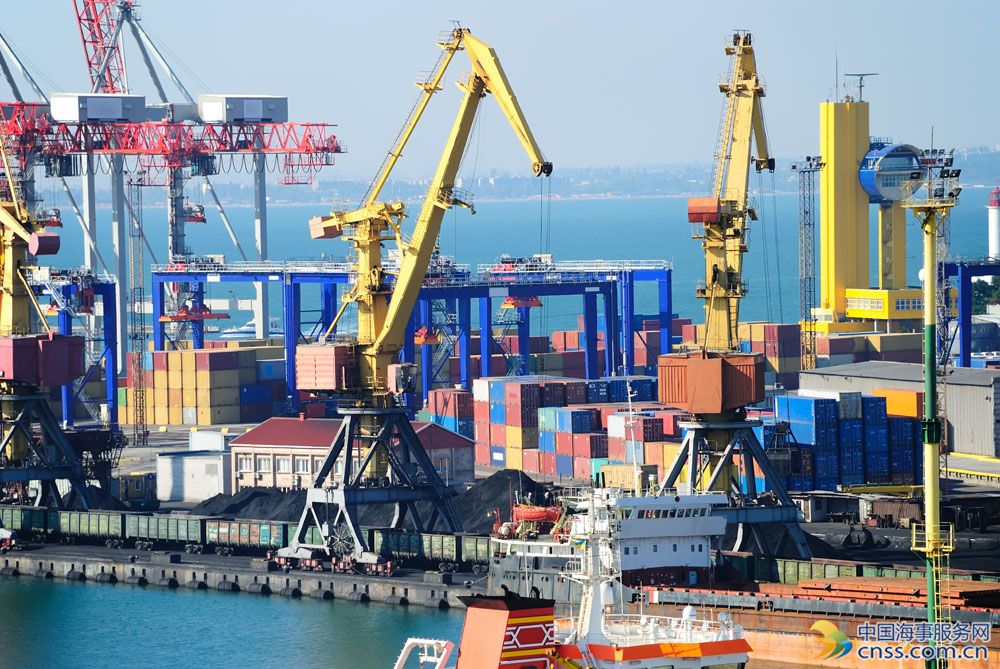ECB Says More Trade Can Be Solution to Current-Account Deficits

The European Central Bank might have some advice for U.S. President Donald Trump as he tries to reduce his nation’s current-account deficit: trade more.
Countries trying to improve their balance should facilitate greater participation in global value chains, according to an article to be published in the ECB’s economic bulletin. Substituting domestically produced intermediate goods with cheaper imports increases competitiveness, in turn boosting exports and raising income.

Global trade relations are being put on trial by the new U.S. administration, which has accused countries including Germany and China of having an unfair advantage, vowing to strengthen its domestic economy by putting “America First.” Treasury Secretary Steven Mnuchin — one of the first of Trump’s cabinet members to negotiate policy in an international arena — prompted finance chiefs from the world’s leading industrialized and developing nations to drop a pledge to avoid “all forms of protectionism” from a communique last weekend.
The ECB study found that persistent deviations from an import-export equilibrium do not, as is often argued, reflect domestic distortions, but are rather the result of temporary shocks that create gaps in relative competitiveness.
Germany and China, for example, are both countries with large trade surpluses that saw vast transformations in terms of trade-liberalizing policies over the last three decades.
The ECB said such policies can give an economy a temporary competitive edge. On the assumption that other countries will eventually catch up, part of the income gain is saved to smooth consumption over time, raising the current-account balance — a measure of all trade including services.
In the case of the U.S., which is threatening to impose tariffs on imported goods, the ECB’s data show that about a quarter of the country’s deficit in the run-up to the global financial crisis could be explained by its relatively low participation in global-value chains compared to the rest of the world. Although the U.S. deficit has reduced significantly since then, the ECB’s findings signal that attempts to further reign in imbalances would benefit from eliminating protectionist barriers and fostering innovation and competition.
Source: Bloomberg
HEADLINES
- Do shipping markets want Biden or Trump for the win?
- All 18 crew safe after fire on Japanese-owned tanker off Singapore
- Singapore launching $44m co-investment initiative for maritime tech start-ups
- Cosco debuts Global Shipping Industry Chain Cooperation Initiative
- US warns of more shipping sanctions
- China continues seaport consolidation as Dalian offer goes unconditional